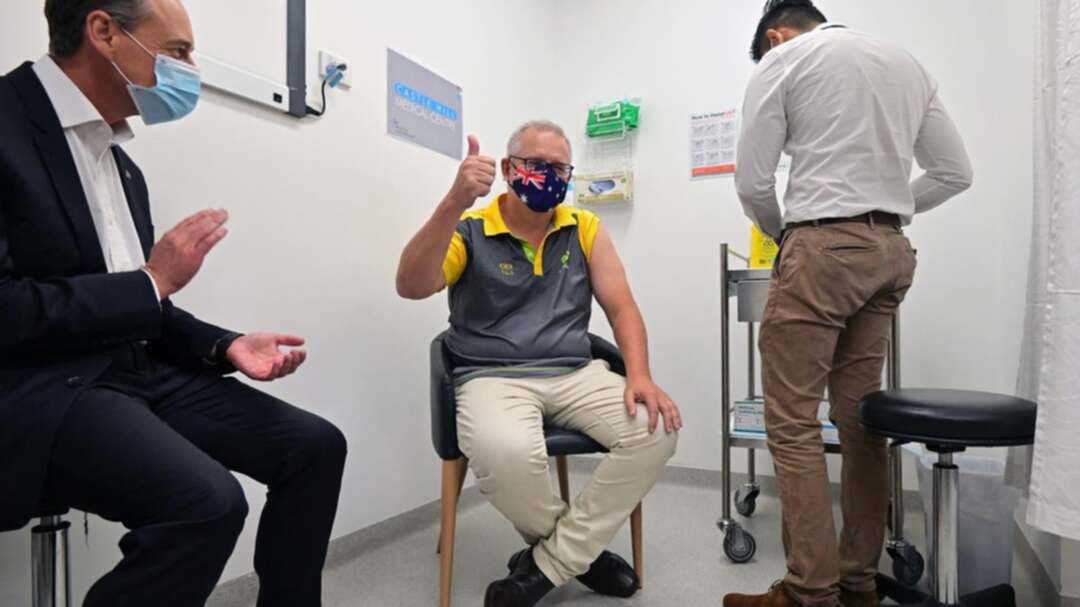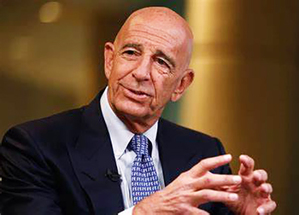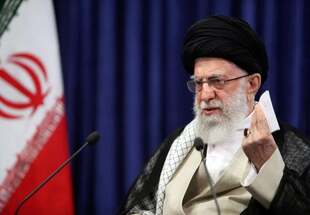-
COVID-19 vaccinations start without rush in Australia, parts of Asia

Australia started its COVID-19 inoculation program on Monday, days after its neighbor New Zealand, with both governments deciding their pandemic experiences did not require the fast tracking of vaccine rollouts that occurred in many parts of the world. vaccinations
Other countries in the Asia-Pacific region that have dealt relatively well with the pandemic either only recently started vaccinating or are about to, including Thailand, Vietnam, Cambodia and Singapore.
Catherine Bennett, an epidemiologist at Australia’s Deakin University, said countries that do not face a virus crisis benefit from taking their time and learning from countries that have taken emergency vaccination measures such as the US.
“We’ve now got data on pregnant women who are vaccinated. Natural accidents, like incorrect dosing, happen in a real world rollout,” Bennett said. “All of those things are really valuable insights.”
Australian Prime Minister Scott Morrison had his first dose of the Pfizer vaccine on Sunday in a show of confidence in the product. Australia is prioritizing building public confidence in COVID-19 vaccines ahead of speed of delivery.
Health and border control workers, as well as nursing home residents and workers, started getting the Pfizer vaccine on Monday at hubs across the country. Australian Health Minister Greg Hunt will get the AstraZeneca vaccine when it becomes available within weeks.
The vast majority of cases in Australia are travelers infected overseas who are detected during 14-day mandatory hotel quarantines. Australia has recorded 909 coronavirus deaths.
New Zealand began inoculations last week after receiving its first batch of the Pfizer vaccine.
The nation of 5 million has successfully stamped out the spread of the virus, and the first people to get the shots are border workers and their families. That’s a different priority group than in most countries, and the idea is to stop the virus from spreading from any arriving travelers who are infected. After that, healthcare and essential workers, along with vulnerable older people, will be vaccinated.
However, the rollout of a program to vaccinate the broader population in New Zealand won’t begin until the second half of the year, behind many other countries.
In Australia, some infectious disease and ethics experts at Australian National University have accused the government of hoarding vaccines and argued that the government should send surplus supplies to countries in desperate need. vaccinations
Elsewhere in Asia, Thailand, which has seen only 83 virus deaths, has yet to start vaccinations. It will receive the first 200,000 doses of the Sinovac vaccine on Wednesday. That is part of the Thai government’s plan that has so far secured 2 million doses from Sinovac and 61 million doses from AstraZeneca.
The government has a policy to provide free vaccinations to all Thais and aims to inject half of the population this year. The government said it hopes to begin the vaccinations a few days after the first batch of vaccines arrive.
Vietnam, which has recorded 35 deaths, announced last week that it will receive 5 million vaccine doses by the end of February and hopes to start inoculations as early as the beginning of March. Five million people — mostly front-line workers — will be given the first shots.
Cambodia, which has yet to report any virus deaths, received its first shipment of 600,000 vaccine doses from China on February 7, part of one million doses Beijing donated. The country began the vaccination program on Feb. 10, starting with Prime Minister Hun Sen’s sons, government ministers and officials at a state run hospital.
In Singapore, which has reported 29 virus deaths, some 250,000 residents, including healthcare workers and other front-line workers, had been vaccinated as of last week, according to health officials. The aim is to get another 1 million people to receive their first dose of the vaccine by early April.
Laos, which also has reported no deaths, received 300,000 doses of the Sinopharm vaccine on February 8. A Health Ministry official said that it expects 20 percent of the Lao population, or 1.6 million people, to be vaccinated within the year. vaccinations
source: The Associated Press
Image source: AFP
You May Also Like
Popular Posts
Caricature
BENEFIT Sponsors BuildHer...
- April 23, 2025
BENEFIT, the Kingdom’s innovator and leading company in Fintech and electronic financial transactions service, has sponsored the BuildHer CityHack 2025 Hackathon, a two-day event spearheaded by the College of Engineering and Technology at the Royal University for Women (RUW).
Aimed at secondary school students, the event brought together a distinguished group of academic professionals and technology experts to mentor and inspire young participants.
More than 100 high school students from across the Kingdom of Bahrain took part in the hackathon, which featured an intensive programme of training workshops and hands-on sessions. These activities were tailored to enhance participants’ critical thinking, collaborative problem-solving, and team-building capabilities, while also encouraging the development of practical and sustainable solutions to contemporary challenges using modern technological tools.
BENEFIT’s Chief Executive Mr. Abdulwahed AlJanahi, commented: “Our support for this educational hackathon reflects our long-term strategic vision to nurture the talents of emerging national youth and empower the next generation of accomplished female leaders in technology. By fostering creativity and innovation, we aim to contribute meaningfully to Bahrain’s comprehensive development goals and align with the aspirations outlined in the Kingdom’s Vision 2030—an ambition in which BENEFIT plays a central role.”
Professor Riyadh Yousif Hamzah, President of the Royal University for Women, commented: “This initiative reflects our commitment to advancing women in STEM fields. We're cultivating a generation of creative, solution-driven female leaders who will drive national development. Our partnership with BENEFIT exemplifies the powerful synergy between academia and private sector in supporting educational innovation.”
Hanan Abdulla Hasan, Senior Manager, PR & Communication at BENEFIT, said: “We are honoured to collaborate with RUW in supporting this remarkable technology-focused event. It highlights our commitment to social responsibility, and our ongoing efforts to enhance the digital and innovation capabilities of young Bahraini women and foster their ability to harness technological tools in the service of a smarter, more sustainable future.”
For his part, Dr. Humam ElAgha, Acting Dean of the College of Engineering and Technology at the University, said: “BuildHer CityHack 2025 embodies our hands-on approach to education. By tackling real-world problems through creative thinking and sustainable solutions, we're preparing women to thrive in the knowledge economy – a cornerstone of the University's vision.”
opinion
Report
ads
Newsletter
Subscribe to our mailing list to get the new updates!






















